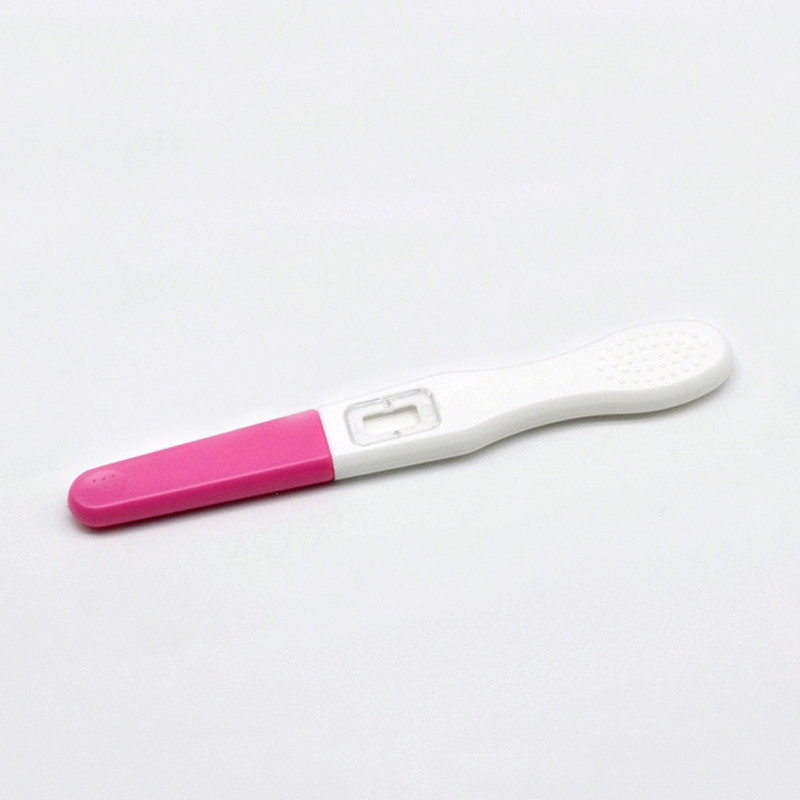Oct . 11, 2024 10:10 Back to list
family h pylori test
Understanding the Family of H. Pylori Tests A Key to Digestive Health
Helicobacter pylori (H. pylori) is a type of bacteria that can inhabit the stomach lining, leading to various gastrointestinal issues, including gastritis, ulcers, and even stomach cancer. Detecting the presence of this bacterium is crucial for effective treatment and the prevention of related conditions. Therefore, understanding the tests available for H. pylori is essential for maintaining digestive health.
There are several methods to test for H. pylori, each with its own advantages and limitations. The most common tests include breath tests, blood tests, stool tests, and endoscopy with biopsy.
Understanding the Family of H
. Pylori Tests A Key to Digestive HealthBlood tests detect antibodies against H. pylori. While these tests are convenient, they are less reliable for diagnosing active infections since antibodies may persist long after the infection has cleared. Thus, blood tests can indicate a past infection but are not the best choice for confirming the current presence of the bacterium.
family h pylori test

Another commonly used method is the stool antigen test, which identifies specific antigens associated with H. pylori in a stool sample. This test is non-invasive and provides quick results, making it an excellent option for initial screening. Like the breath test, it can also be used to confirm the success of treatment after completion of therapy.
For more severe cases or when complications are suspected, doctors may recommend an endoscopy. During this procedure, a thin, flexible tube with a camera is inserted through the throat into the stomach. A biopsy can be taken from the stomach lining to be tested for H. pylori. While this method is more invasive and carries certain risks, it allows for direct visualization of the stomach and can also enable the identification of ulcers or other abnormalities.
Regardless of the testing method chosen, timely diagnosis and treatment of H. pylori infections are vital. Treatment typically involves a combination of antibiotics and medications to reduce stomach acid, facilitating the healing of the gastric lining.
In conclusion, understanding the different family of H. pylori tests is crucial for anyone experiencing digestive issues. Whether opting for a breath test, stool test, blood test, or endoscopy, early detection and appropriate management can significantly improve health outcomes. If you experience symptoms such as persistent stomach pain, nausea, or frequent indigestion, consult a healthcare professional to discuss testing for H. pylori and safeguard your digestive health.
-
Dengue NS1 Rapid Diagnostic Test Kit
NewsMar.07,2025
-
Dengue NS1 Rapid Diagnostic Test Kit
NewsMar.07,2025
-
Dengue NS1 Rapid Diagnostic Test Kit
NewsMar.07,2025
-
Transferrin Rapid Test Cassette Tumor Marker TF Card
NewsMar.07,2025
-
Malaria Pf Pan Rapid Diagnostic Test Kit
NewsMar.07,2025
-
malaria pf / pan ag rapid test
NewsMar.07,2025

